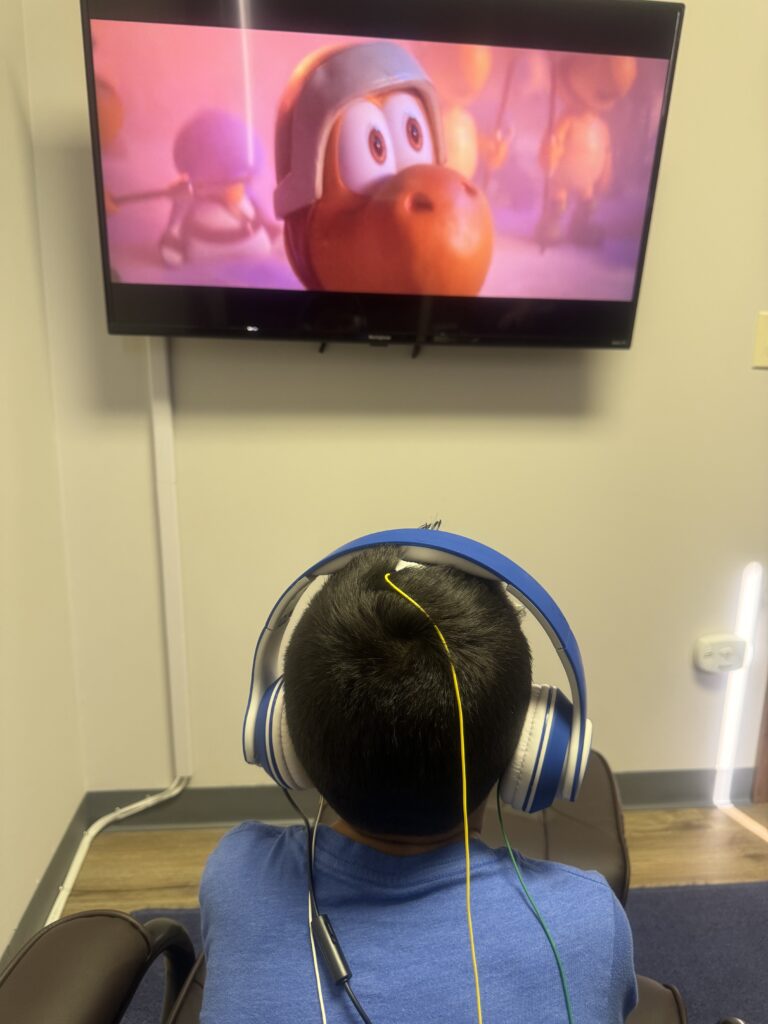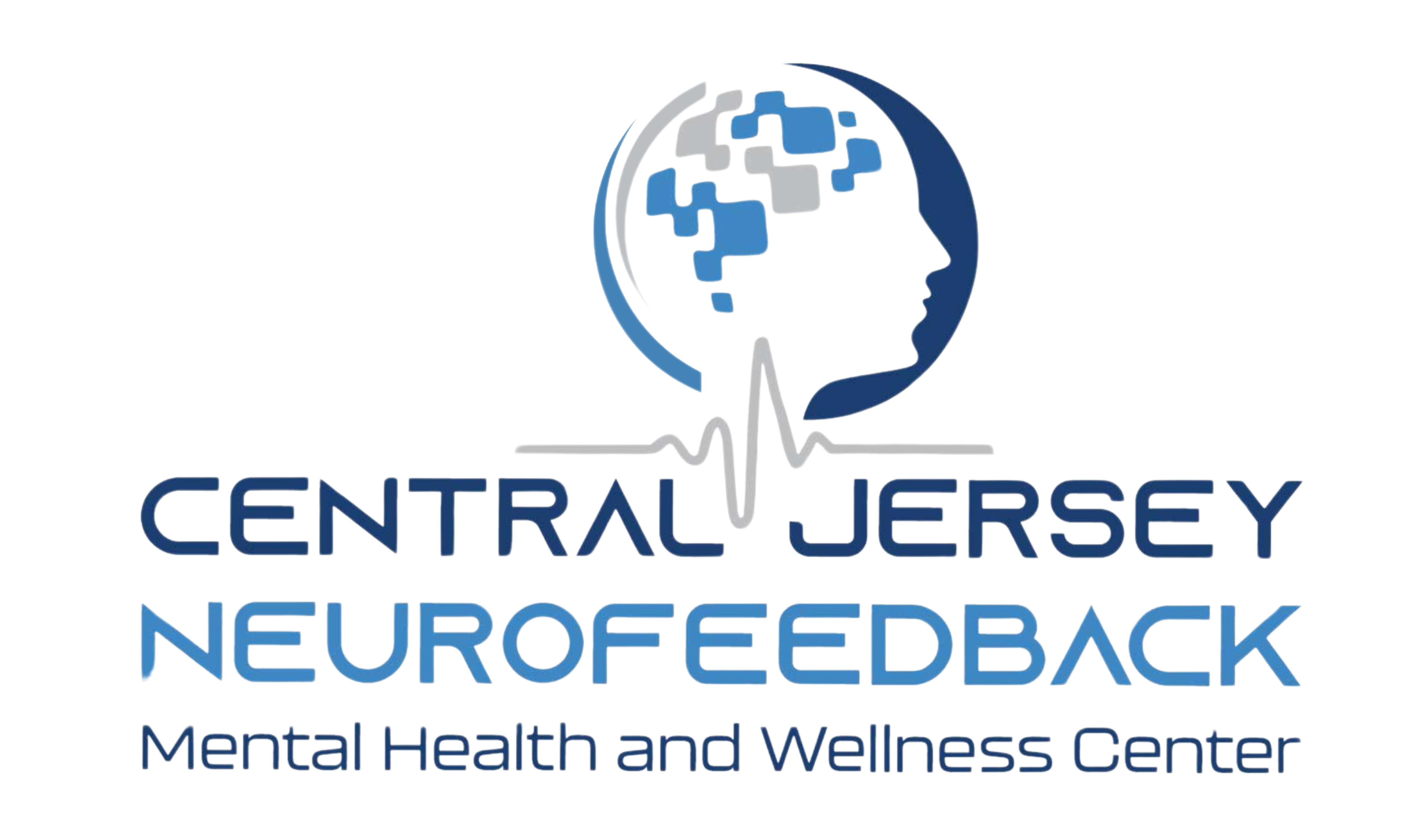
Neurofeedback
Neurofeedback, also known as EEG biofeedback, is a type of biofeedback that trains individuals to regulate their brain wave activity. By providing real-time feedback on brain activity, neurofeedback aims to improve brain function, reduce symptoms of various conditions, and enhance overall mental performance. Here's a detailed explanation of how neurofeedback works and its benefits:
How Neurofeedback Works
- Initial Assessment
- QEEG Brain Mapping: The process often begins with a QEEG brain map to identify areas of dysregulation in brain wave patterns. This assessment helps in creating a personalized training protocol.
- Training Sessions:
- Electrode Placement: Electrodes are placed on the scalp to measure brain activity.
- Real-Time Feedback: During the session, brain waves are monitored, and feedback is provided through visual, auditory, or tactile signals. For example, the feedback might be a video game that moves forward when the desired brain waves are produced.
- Targeted Training: The feedback encourages the brain to increase or decrease specific types of brain wave activity, promoting healthier patterns.
- Repetition and Reinforcement
- Learning Process: Through repeated sessions, the brain learns to self-regulate. Just like learning any new skill, consistent practice leads to long-term changes in brain function.
Benefits of Neurofeedback
- Improvement in Mental Health Conditions:
- ADHD: Neurofeedback is particularly effective for Attention Deficit Hyperactivity Disorder (ADHD). It helps in improving focus, reducing impulsivity, and managing hyperactivity by normalizing brain wave patterns.
- Anxiety and Depression: It can reduce symptoms of anxiety and depression by training the brain to produce more calming alpha waves and less high-frequency beta waves associated with stress and rumination.
- PTSD: For individuals with Post-Traumatic Stress Disorder (PTSD), neurofeedback can help in reducing hyperarousal and improving emotional regulation.
- Enhanced Cognitive Function:
- Focus and Concentration: Neurofeedback can improve attention and concentration, benefiting not only individuals with ADHD but also those looking to enhance their cognitive performance.
- Memory: Training the brain to produce optimal brain wave patterns can enhance memory and other cognitive functions.
- Improved Sleep:
- Insomnia: Neurofeedback can help in normalizing sleep patterns by reducing excess beta waves (linked to wakefulness) and increasing delta waves (associated with deep sleep).
- Stress Reduction:
- Relaxation: By promoting the production of alpha waves, neurofeedback helps in inducing a state of relaxation, reducing overall stress levels.
- Emotional Regulation: It improves the ability to manage emotions, leading to better stress resilience.
- Performance Enhancement:
- Athletes and Executives: Neurofeedback is used by athletes and executives to enhance performance by improving focus, reducing anxiety, and optimizing brain function.
- Creativity and Learning: It can also boost creativity and facilitate better learning by promoting optimal brain wave patterns for these activities.
- Chronic Pain Management:
- Pain Reduction: Neurofeedback can help in managing chronic pain by altering brain wave patterns associated with pain perception.
Evidence and Effectiveness
Research Support: Numerous studies have shown the effectiveness of neurofeedback in treating ADHD, anxiety, depression, and other conditions. However, the degree of effectiveness can vary based on individual differences and the specific protocols used.
Clinical Applications: Neurofeedback is increasingly being integrated into clinical practices as a non-invasive, drug-free treatment option.
Neurofeedback is a powerful tool for improving brain function and treating a variety of mental health conditions. By providing real-time feedback on brain activity, it helps individuals learn to self-regulate their brain waves, leading to enhanced cognitive performance, better emotional regulation, and improved overall well-being. Whether used for clinical purposes or performance enhancement, neurofeedback offers a promising approach to achieving optimal brain health.
